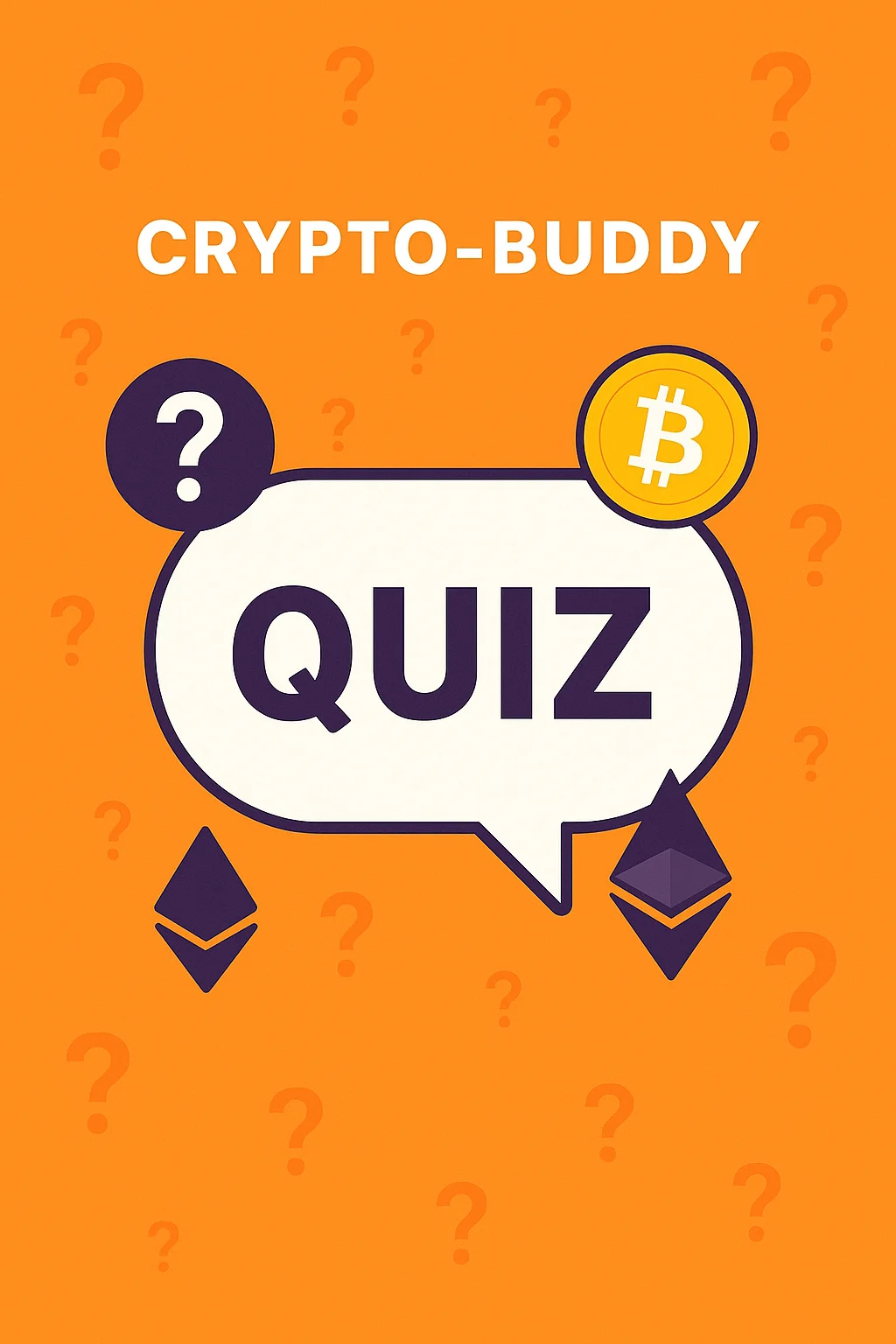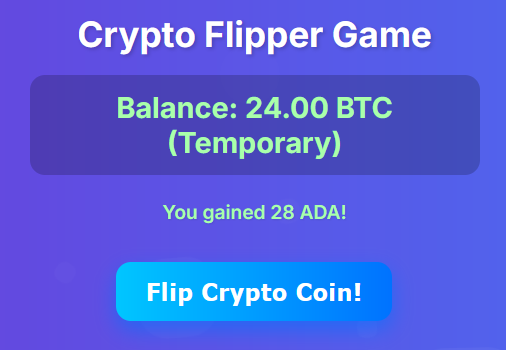Is a CEX Legit in Crypto? 7 Honest Facts You Should Know
From the CRYPTO BUDDY Blog • July 14, 2025
A CEX, or Centralized Exchange, is the most common way people buy, sell, and trade digital assets like Bitcoin and Ethereum. This guide breaks down everything you need to know about their legitimacy and safety.
1. What Is a CEX in Crypto?
A Centralized Exchange (CEX) is an online platform run by a single company that acts as a trusted middleman for crypto traders. It's like a traditional stock market, but for digital currencies.
Key Characteristics:
- Meaning of CEX: It's a business that manages a trading platform, holds users' funds, and matches buy and sell orders.
- Examples of CEXs: The most well-known examples include giants like Binance, Coinbase, and Kraken.
2. How a CEX Works: A Simple Explanation
When you use a CEX, you deposit your money (like INR or USD) or crypto into an account controlled by the exchange. You don't directly own the private keys to this crypto.
- How Trades Happen: The CEX uses an "order book" system. When you want to buy Bitcoin, the exchange finds a seller who is willing to sell at your price and facilitates the trade.
- Role of the Third Party: The CEX is the third party that guarantees the transaction. They ensure the buyer gets the crypto and the seller gets the money, taking a small fee for the service.
3. Top Legit CEX Platforms in 2025
While hundreds of CEXs exist, a few stand out for their security, features, and regulatory compliance.
4. CEX vs DEX: What’s the Difference?
The main alternative to a CEX is a DEX (Decentralized Exchange). The difference is fundamental.
Pros of a CEX (Centralized)
- Easy to Use: Simple, intuitive interfaces perfect for beginners.
- Fast Trading: High liquidity means trades execute instantly.
- Customer Support: You have a company to contact if things go wrong.
- Fiat On-Ramp: Easily convert traditional money into crypto.
Cons of a CEX (Centralized)
- Less Privacy: Requires personal ID (KYC). Not your keys, not your crypto.
- Risk of Hacks: They are a huge target for hackers.
- Censorship: The company can freeze your funds or block transactions.
A DEX, in contrast, runs on automated smart contracts. You keep control of your keys, but they are more complex to use and have no customer support.
5. Are CEXs Regulated by Law?
Yes, increasingly so. Reputable CEXs are regulated and must comply with laws in the countries where they operate.
- How Laws Protect Users: Regulations often require CEXs to implement Anti-Money Laundering (AML) and Know Your Customer (KYC) policies, which helps prevent fraud and crime.
- Countries with Strict Rules: Nations like the USA, Japan, and members of the European Union have robust regulatory frameworks. Operating in these regions is a strong sign of legitimacy.
6. Red Flags: Signs a CEX Might Be a Scam
Be vigilant. Here are signs an exchange might be untrustworthy:
- Guaranteed High Returns: No legitimate exchange can guarantee profits. This is a classic scam tactic.
- No Transparency: The team is anonymous, there's no physical address, and they lack clear terms of service.
- Poor Customer Service: Unresponsive or non-existent support is a major red flag.
- Fake Promotions: "Send 1 ETH, get 2 ETH back" promotions are always scams.
7. Tips to Stay Safe on Any Crypto Exchange
Your security is also your responsibility. Follow these essential tips:
- Enable 2FA: Always use Two-Factor Authentication (preferably an app like Google Authenticator, not just SMS).
- Use Strong, Unique Passwords: Never reuse passwords from other websites. Use a password manager.
- Don't Share Info: Never give your password or 2FA codes to anyone. Support staff will never ask for them.
- Withdraw to a Private Wallet: For long-term holding, move your crypto off the exchange and into a personal hardware wallet (like a Ledger or Trezor).
Conclusion: Is a CEX Really Legit in Crypto?
Yes, legitimate Centralized Exchanges are the bedrock of the modern crypto economy. For the vast majority of users, they are a safe, reliable, and necessary tool for accessing the digital asset market.
The key is to choose wisely. Stick to large, well-regulated platforms like Binance, Coinbase, or Kraken. Understand the risks, practice good personal security, and you can confidently and safely use a CEX for your crypto journey.


